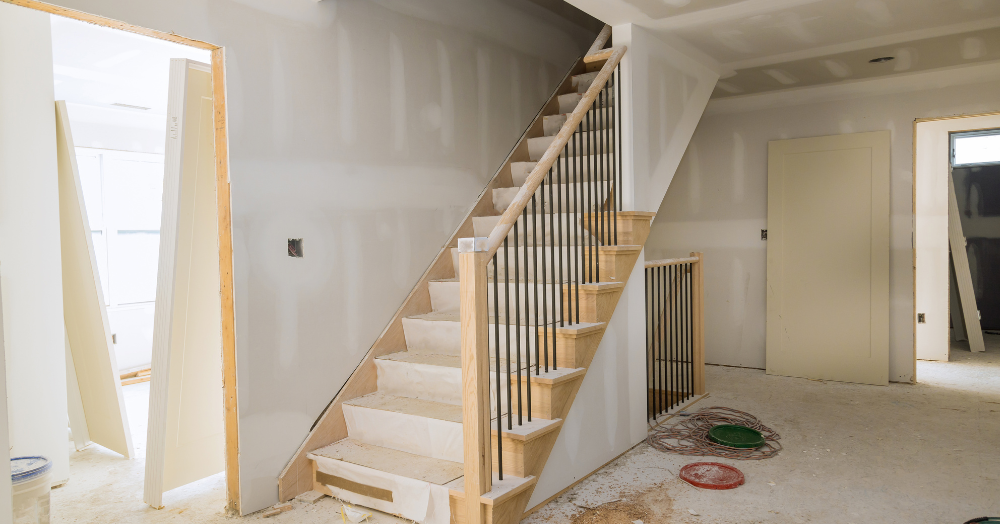
New proposals to improve tenants living standards - THE DECENT HOMES STANDARD
There are new proposals to improve tenants' living standards as part of the Renters (Reform) Bill. What does this mean?
The Decent Homes standard sets the minimum standards for social housing. In November 2023, the government put forward a proposal to introduce a Decent Homes Standard to the private rented sector for the first time.
What is the Decent Homes Standard?
The Decent Homes Standard sets a minimum standard for all social housing in England and Northern Ireland, excluding leasehold and shared ownership properties.
In November 2023, the government confirmed its commitment to applying the standard to the sector as part of the Renters (Reform) Bill.
What does "decent" mean?
Whilst there are many factors involved in ensuring that a property meets minimum standards, the headlines are:
1. ENSURING A PROPERTY IS IN A REASONABLE STATE OF REPAIR
Building components include the home's structure, other external elements such as the roof or chimneys, and internal services and amenities, such as kitchens or heating systems.
2. HAVING REASONABLY MODERN FACILITIES AND SERVICES
This criteria requires kitchens to have adequate space and layout and to be 20 years old or less, and bathrooms to be appropriately located and under 30 years old.
There should also be adequate noise insulation, and space in the common entrance areas.
3. PROVIDING A REASONABLE DEGREE OF THERMAL COMFORT
Properties need to have efficient heating and effective insulation to meet this criteria.
When will a Decent Homes Standard be applied to the private rented sector?
Whilst we do not have an exact date, a press release in November 2023 confirmed that ‘a Decent Homes Standard (DHS) will be applied to the private rented sector for the first time’.
How many private rented properties meet the Decent Homes Standard?
The government consultation estimates that 79% of properties in the private rented sector (PRS) already meet the current standard, and therefore won't require any additional investment. However, that leaves 21% of properties that don't meet the standard and will need to invest in upgrades.
How much will it cost landlords to upgrade their properties?
The government has so far shared no estimates on how much upgrading properties may cost individual landlords. However, the consultation says that it expects "most landlords to be able to meet these costs."
How will the property portal help ensure compliance with the Decent Homes Standard?
Under the renters reform bill a new digital platform will be created to help Landlords understand their legal obligations and to help tenants make an informed decision when entering into a tenancy agreement.
Private landlords will need to register their property on platform once it is live. This will help keep landlords informed and give tenants more visibility into the compliance of the property with the relevant standards.
How will the standard be enforced?
Currently, local councils are obliged to identify any hazards in private rented properties and take enforcement action against the landlords.
The consultation proposes introducing "a legal duty on landlords to ensure their property meets the Decent Homes Standard." Any breach of the standard would therefore be considered a criminal offence, as well as a "banning order offence" - with certain exemptions, such as listed properties.
Should you have any tenancy related queries please do not hesitate to contact the office - we are here and ready to help!